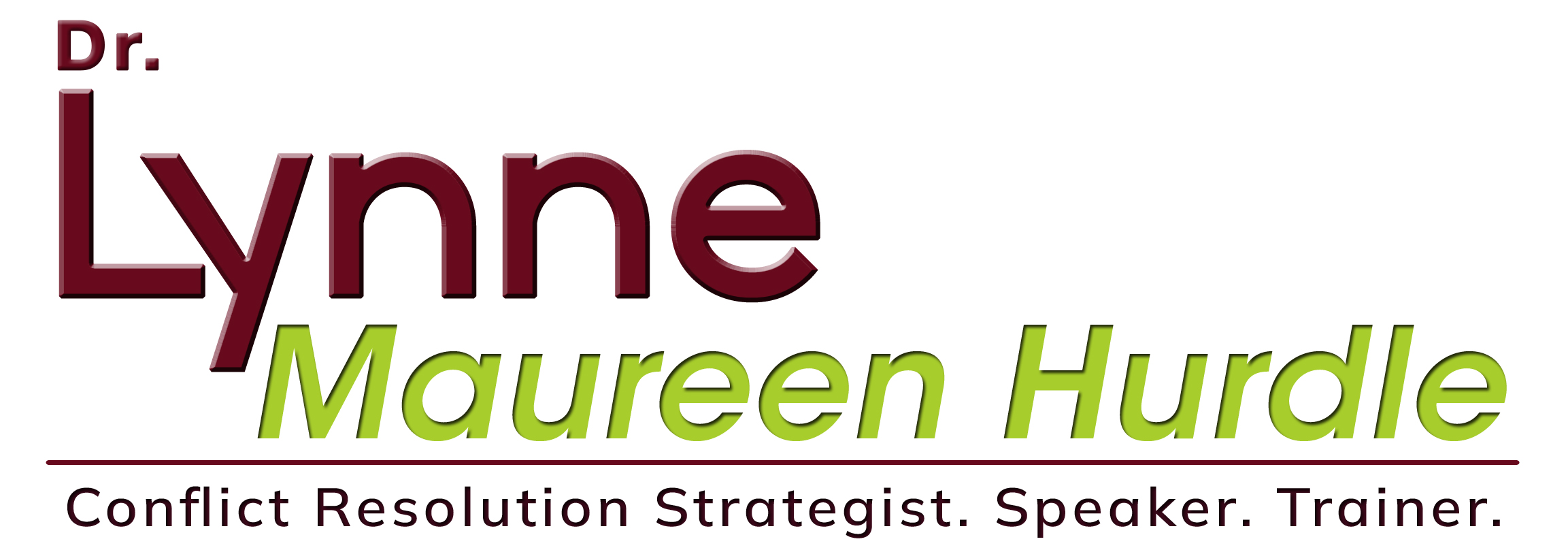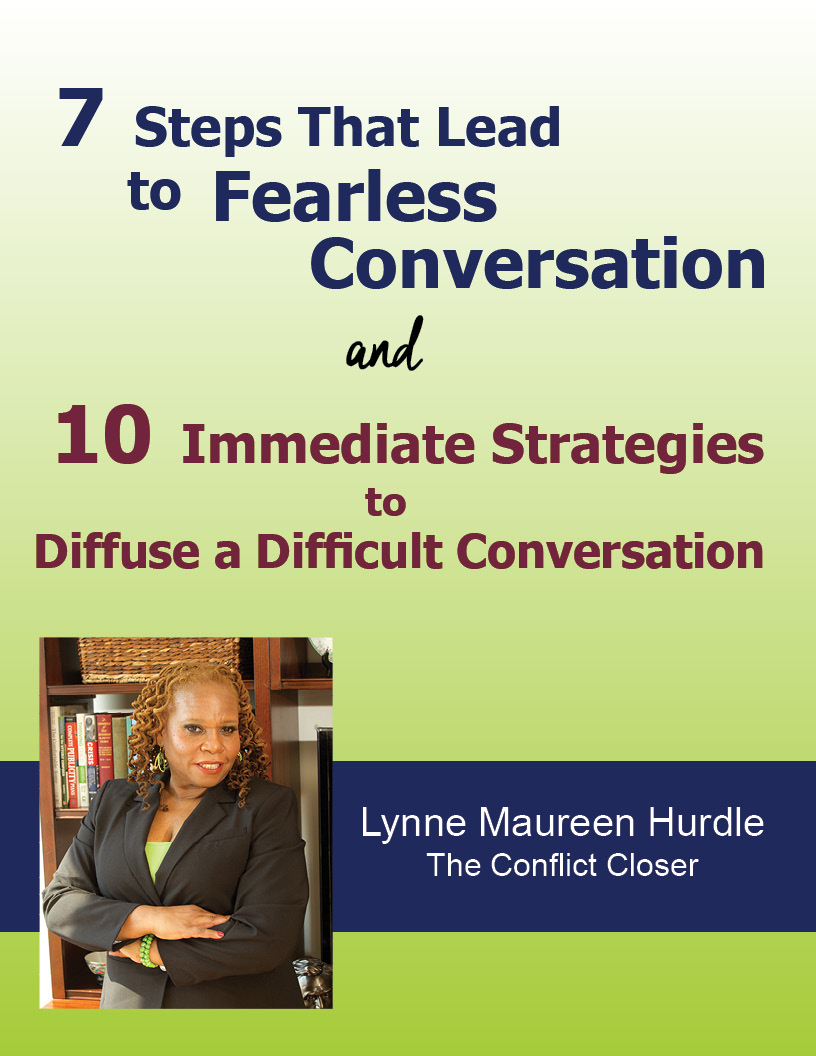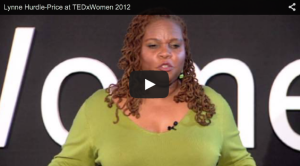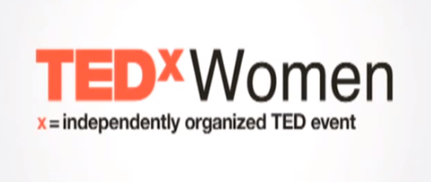Last week’s blog ended with telling you to listen when POC choose to engage in conversation about what is true for their lives.
Listening is the new black ya’ll, it goes with everything. We all need to listen so much more.
Anyone who has worked with me or caught me on a podcast or video has heard me say that most of us only listen up to the point at which we wish to interrupt. Then we fire away, getting our points in before they interrupt us. It is a mad back and forth that seldom leads to real listening, which means there is so much room for misunderstanding.
We can see the results of this kind of listening in our homes, workplaces, spiritual institutions, communities and all over the world. Our relationships are suffering from lack of true listening and understanding.
If we are going to move forward together as people who are committed to creating a just, equitable and inclusive society then we are going to have to spend more time listening than speaking. That means we have to fight that urge to jump in and defend ourselves and our points, to be right, to avoid or to just get this over with already.
We are going to have to make friends with discomfort and hidden truths surfaced from listening to someone else’s perspective about us and our actions and the effect they have on them. We are going to have to mean it when we say, “I could be wrong’’ because in fact we could be if we are sincerely open to listening.
And I’m talking about deep listening, the kind that uncovers feelings being expressed through words that are hidden beneath the content that is coming out of their mouths. “I don’t appreciate you cutting me off while I was speaking to the entire group” has feelings written all under it. I am hurt, humiliated, embarrassed, angry, surprised, offended, betrayed, are all possibilities of what this person may be feeling and expressing underneath the content of that sentence. Did you get all that?
Deep Listening also involves something I am definitely still in school about and that is taking note of and sometimes suspending cultural expression if it cuts off listening. Let me explain. I come from an African American culture that is big on letting you know that we are listening when we are listening to someone within the culture, at least we like to think we are. We are big on cultural expression: “ I hear you girl, that’s right, for real? I got you, mmmhmmm” are all ways of letting each other know that we are right there with you listening.
I’ve started to realize that I have also been using these as a way to get back in to getting my turn to speak. You see when I use one of these to affirm them and let them know that I am listening, they stop to shake their head in agreement, or to smile, nod or fist bump or high five, and then I have my in. Sometimes I just use it to serve up an illustration of something that happened to me that affirms their point, but even that is interrupting and taking away from their time to speak, and my time to Just Listen.
So recently I started catching myself and doing less cultural expression and more stopping myself and remaining silent and listening. I try for every other cultural expression, because if I cut it down to none, they will think I am not listening at all and plus I would miss that cultural exchange in my life. This may be true of your culture too. It’s a balance, but we have to be aware that we are doing it.
My favorite listening technique is to Pause and Breathe.
When you find yourself wanting to respond or getting ready to react… take a 5 second pause. Just stop and be silent, check in with what you are feeling, do not check out of listening. Consider what is being said and then after the 5 seconds take three sets of 3 breaths. Breathe in through the nose to the count of 3, hold the breath in and use it to expand the lungs to the count of 3, then breathe out through the mouth to the count of 3. Do this three times. All this time you are still listening, but you are delaying your next move. Then consider the words that are about to come out of your mouth and you decide, is this what I want to say?
One last thing as a listener that the times we are in are calling for…
Get Used To Listening Through Discomfort.
A lot of the conversations needing to be had right now are difficult ones.
They call for a real commitment to listening beyond your own discomfort. Conversation is raw and real and steeped in emotion and cultural expressions and most people, especially POC, are not in the mood for managing that emotion enough to make you comfortable. We have to learn how to “sit in” what we are feeling during these difficult conversations and understand where the feelings come from and feel how uncomfortable they make us and listen through them anyway.
This is whether we are White people listening to POC, parents listening to our children, oh yes, our children are sitting with so much emotion and cultural norms tell us to squash them when they express those feelings in ways that we quickly label “disrespectful’. Hear me out, sometimes we just have to let them get it out any way they can and then breathe, take it all in and get in there and have the difficult conversation that needs to be had. (And yes I am talking about both children and POC).
Listening is a skill which means it is best developed by doing it over and over and over again. If we do that, oh the treasures we’ll find in the richness of the truths of those we are listening to. And if I couldn’t possibly be talking to you, because you are already such a great listener, then show us what you got by listening even more.
Do I have your attention?
Are you listening?
Remember… Listening Is The New Black which means we all should have it in our toolkit, it is appropriate everywhere and everybody looks good doing it.
In Love,
Lynne






Thank you Lynne, active listening is becoming a staple in my life, and it’s so challenging to maintain that real empathy and focus that is holding space for someone else, especially amongst really emotionally charged subjects. Those times where you can’t help but cut in is definitely rich ground for self enquiry.